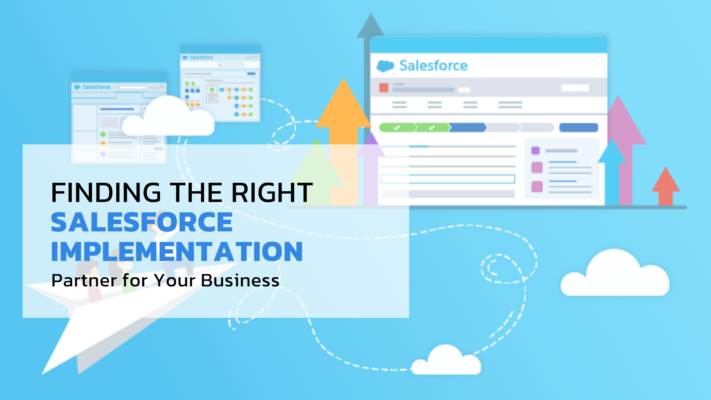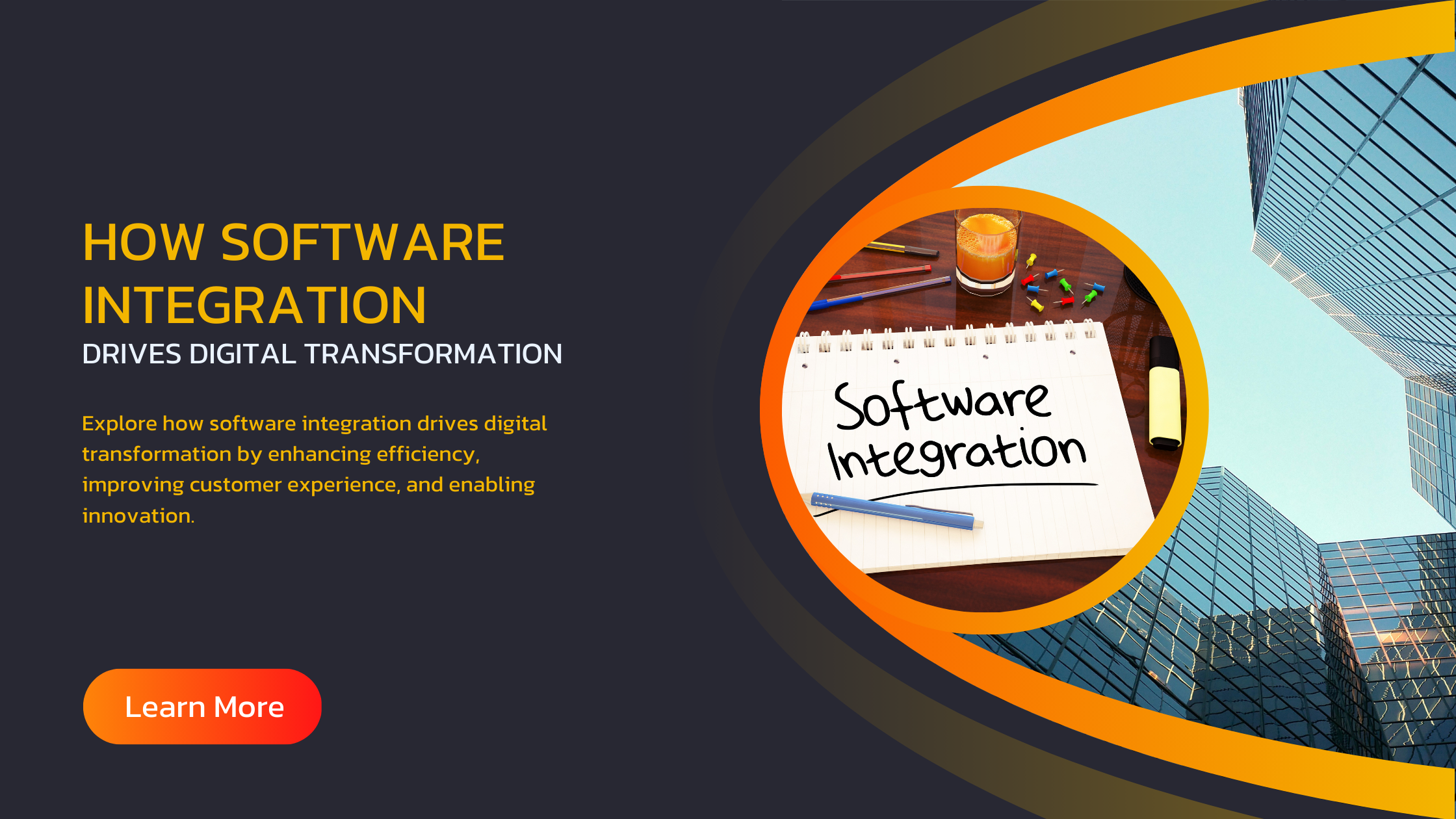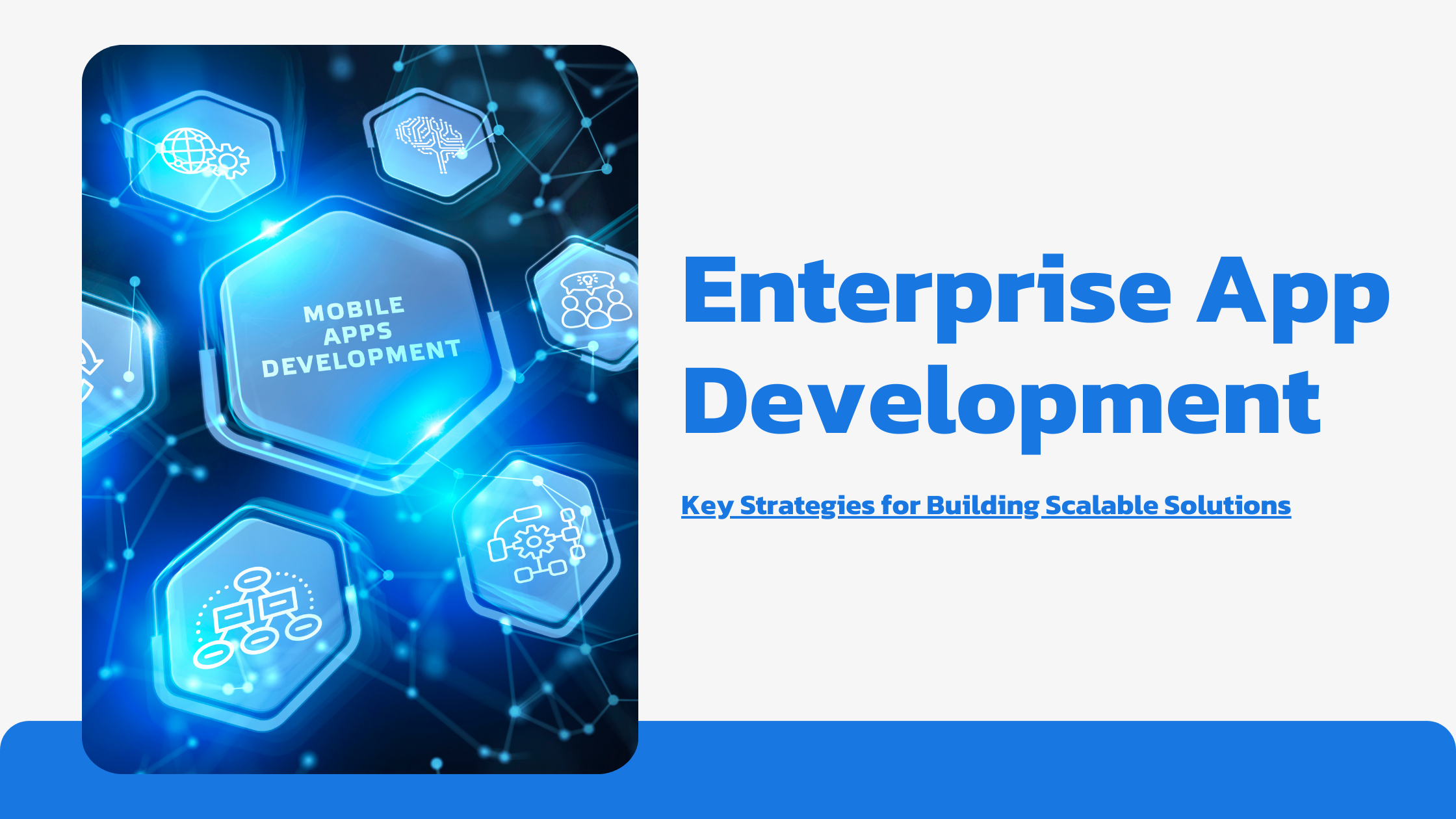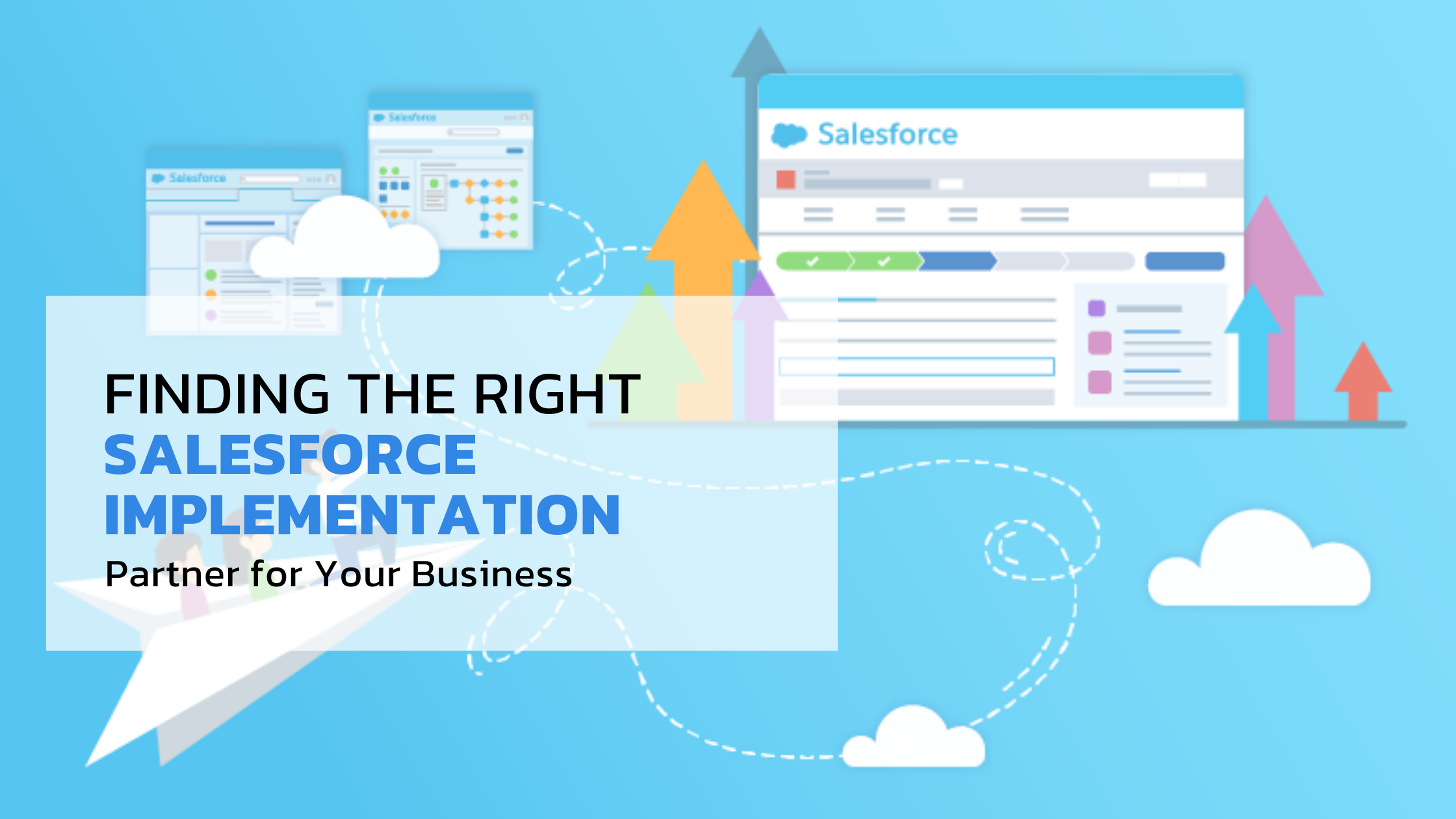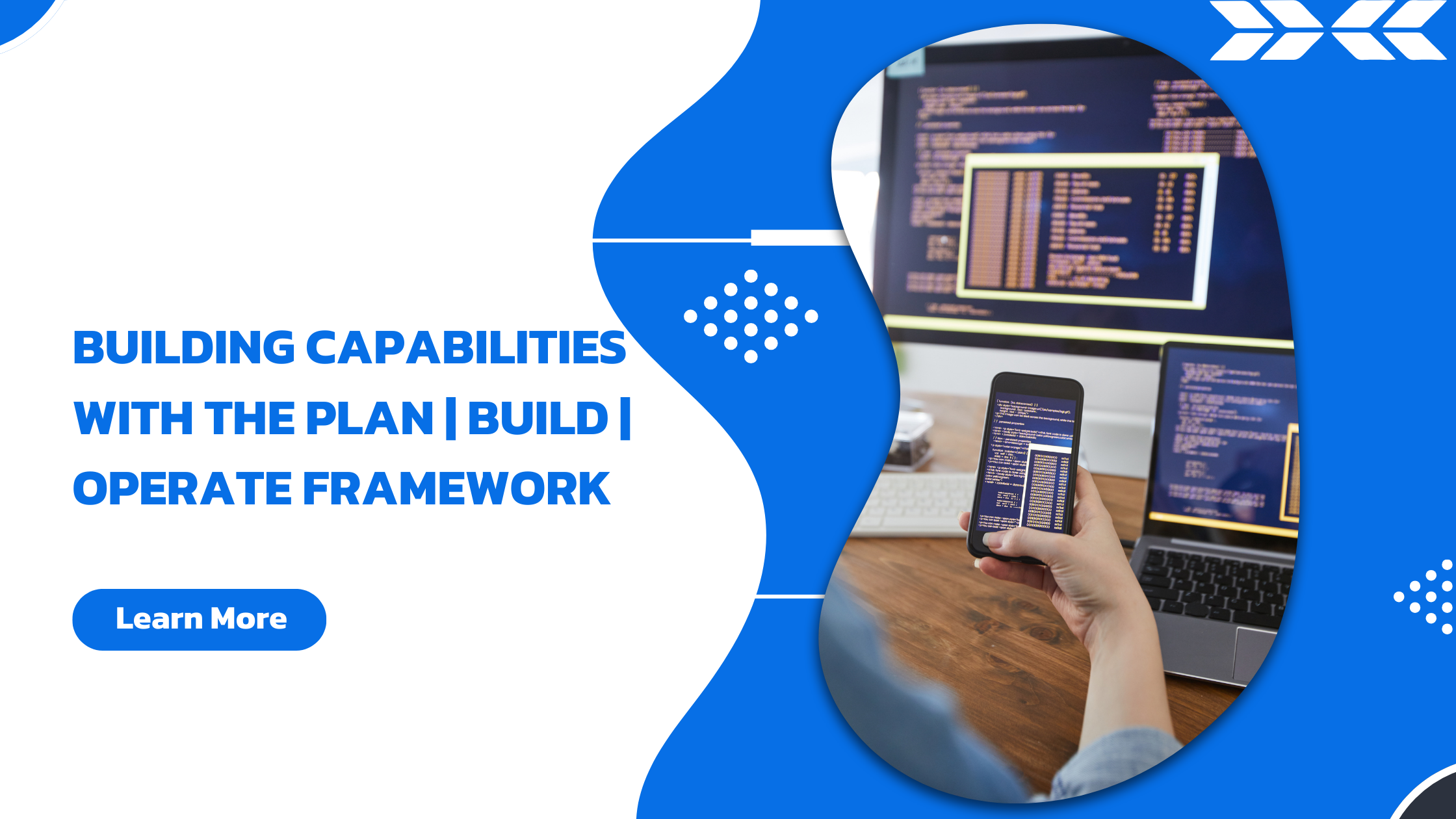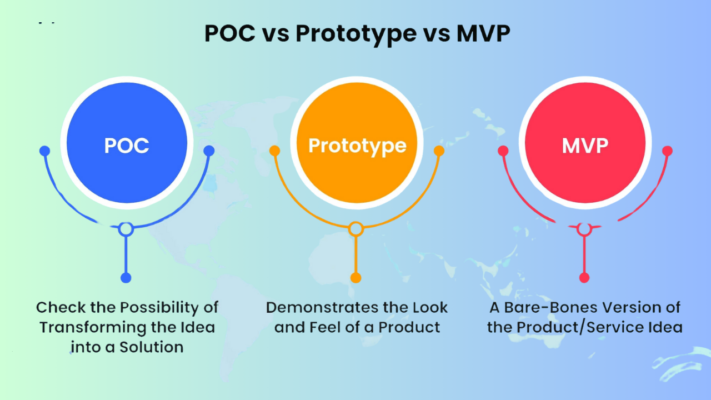
In the fast-paced world of product development and innovation, navigating the intricacies of prototype vs MVP vs proof of concept can be a daunting task. These three approaches, although often used interchangeably, represent distinct strategies with their own unique advantages and limitations. Understanding the nuances and aligning them with the specific goals and constraints of a project is crucial for success. In this comprehensive blog post, we’ll delve deep into the world of prototype vs MVP vs proof of concept, exploring their definitions, purposes, and the scenarios in which each approach excels.
Prototypes: Bringing Ideas to Life
A prototype is a preliminary model or sample version of a product or solution, designed to test and validate specific aspects before committing significant resources to the final development. Prototypes serve as tangible representations of the product idea, allowing designers, developers, and stakeholders to gather feedback, identify potential issues, and explore alternative solutions early in the process.
Prototypes come in various forms, each serving a distinct purpose:
1. Concept Prototypes: These rough approximations of the product idea, often created using simple materials like paper or cardboard, are used to validate the core concept and gather initial feedback from potential users or stakeholders.
2. Low-Fidelity Prototypes: Providing a basic representation of the product’s user interface, layout, and functionality, low-fidelity prototypes are typically created using wireframing tools or simple coding techniques. They are invaluable for user testing and iterative design improvements.
3. High-Fidelity Prototypes: As highly detailed and functional representations of the final product, high-fidelity prototypes are developed using advanced design and development tools. They are essential for comprehensive user testing, stakeholder demonstrations, and validating the technical feasibility of the product.
The primary purpose of a prototype is to bring ideas to life, allowing for early validation and refinement before committing substantial resources to the final product development.
Minimum Viable Products (MVPs): Testing the Market
A minimum viable product (MVP) is a basic version of a product or service that includes only the core features necessary to satisfy early adopters or potential customers. Unlike prototypes, which are primarily used for internal validation and feedback, MVPs are launched into the market to validate the product idea, gather real-world feedback from users, and assess market demand with minimal investment in resources.
MVPs are often developed using an iterative and agile approach, where the initial version is launched quickly, and subsequent iterations are based on user feedback and data-driven insights. This approach enables businesses to test their hypotheses, validate their assumptions, and make informed decisions about further product development or pivoting strategies.
MVPs can take various forms, depending on the product or service being developed:
1. Concierge MVPs: In this approach, the initial version of the product or service is delivered manually or through a concierge-style service, allowing the business to validate the concept and gather feedback before automating the process.
2. Wizard-of-Oz MVPs: These MVPs simulate the final product experience by using manual processes or human intervention behind the scenes, while presenting a polished user interface to the customer.
3. Single-Feature MVPs: Focusing on delivering a single core feature or functionality to users, these MVPs allow the business to test and validate that specific aspect of the product before expanding to additional features.
4. Landing Page MVPs: Businesses create a landing page or marketing website to gauge interest and collect user data before developing the actual product or service.
The primary objective of an MVP is to validate the product idea in the real market, gather valuable feedback from early adopters, and assess the potential for long-term success and scalability.
Proofs of Concept (PoCs): Validating Technical Feasibility
A proof of concept (PoC) is a small-scale implementation or demonstration of a specific concept, approach, or technology. Unlike prototypes and MVPs, which focus on validating the product idea and user experience, PoCs are designed to validate the technical feasibility and viability of an idea, product feature, or solution before committing significant resources to full-scale product development.
PoCs are particularly useful in scenarios where new or untested technologies, methodologies, or integrations are being explored. By creating a focused and contained implementation, businesses can evaluate potential challenges, limitations, and risks associated with the proposed solution, and make informed decisions about proceeding further.
Proofs of concept can take various forms, depending on the specific domain or technology being tested:
1. Software PoCs: These PoCs involve developing a small-scale, functional software component or application to test the viability of a specific technology, programming language, framework, or integration approach.
2. Hardware PoCs: In this case, a physical prototype or a scaled-down version of a hardware device or system is created to validate the technical feasibility of the design, materials, or manufacturing processes.
3. Integration PoCs: Focusing on testing the integration between different systems, technologies, or platforms, these PoCs ensure compatibility, data exchange, and seamless communication.
4. Architectural PoCs: These PoCs are used to validate the suitability and performance of a proposed software architecture, system design, or infrastructure configuration before implementing it on a larger scale.
The primary purpose of a proof of concept is to mitigate risks and validate the technical viability of a proposed solution, enabling businesses to make informed decisions before committing substantial resources to the full development cycle.
Choosing the Right Approach: Prototype vs MVP vs Proof of Concept
While prototypes, MVPs, and proofs of concept serve different purposes, they are often used in conjunction or as part of a larger product development process. The choice of which approach to prioritize depends on various factors, including the stage of product development, the specific goals and objectives, and the resources available.
Here are some key considerations when deciding between a prototype vs MVP vs proof of concept:
1. Stage of Product Development: In the early stages of product development, prototypes and PoCs are more suitable for validating concepts, gathering feedback, and testing technical feasibility. MVPs, on the other hand, are typically developed after initial validation to test the product in the market and gauge customer demand.
2. Product Complexity and Risk: For complex products or solutions involving new technologies or untested approaches, PoCs may be the ideal starting point to mitigate risks and validate technical viability. Prototypes and MVPs can follow once the core concepts have been validated.
3. Resource Availability: Prototypes and PoCs generally require fewer resources compared to developing a fully functional MVP. If resources are limited, starting with a prototype or PoC may be a more prudent approach before committing to a larger investment.
4. Target Audience: If the primary goal is to gather user feedback and validate user experience, prototypes or low-fidelity MVPs may be more appropriate. If the objective is to test market demand and generate revenue, a more functional MVP may be the better choice.
5. Time-to-Market: MVPs are often favored when there is a need to quickly validate the product idea and assess market demand, as they can be developed and launched more rapidly than a fully-featured product.
6. Iterative Development: In an agile and iterative development process, prototypes, MVPs, and PoCs can be used in a cyclical manner, with each iteration building upon the learnings and feedback from the previous stage.
It’s important to note that these approaches are not mutually exclusive, and in many cases, a combination of prototypes, MVPs, and proofs of concept may be employed throughout the product development lifecycle to achieve the desired outcomes effectively.
Navigating the Complexities with Upcore Technologies
In the ever-evolving landscape of product development and innovation, the choice between prototype vs MVP vs proof of concept can significantly impact the success and viability of a product or solution. Each approach offers unique advantages and serves distinct purposes, making it crucial to understand their nuances and align them with the specific goals and constraints of the project.
Whether you’re an entrepreneur, inventor, or a business seeking to develop new products or services, partnering with a reputable technology consulting firm like Upcore Technologies can provide invaluable guidance and expertise. Upcore Technologies’ team of experienced professionals can help you navigate the complexities of product development, assess the suitability of different approaches, and implement the most effective strategies tailored to your unique requirements.
With their deep knowledge and expertise in various domains, including AI, machine learning, RPA solutions, and computer vision services, Upcore Technologies stays ahead of the curve by actively tracking the latest trends and advancements in technology. By leveraging their expertise, you can make informed decisions, mitigate risks, and increase the chances of success for your product development endeavors.
Don’t let the complexities of prototype vs MVP vs proof of concept hinder your innovation journey. Embrace the power of strategic decision-making and partner with Upcore Technologies to unlock the full potential of your product ideas and drive your business toward success in the competitive market.


